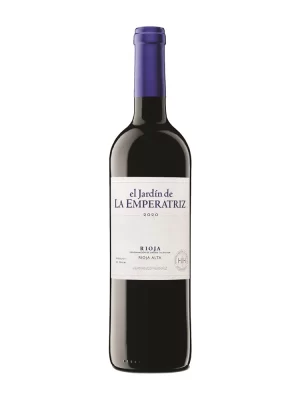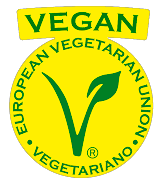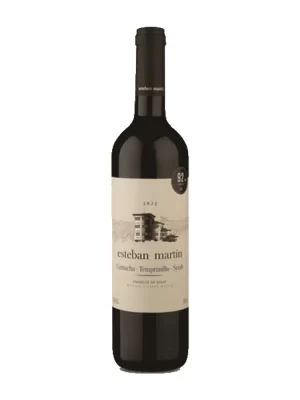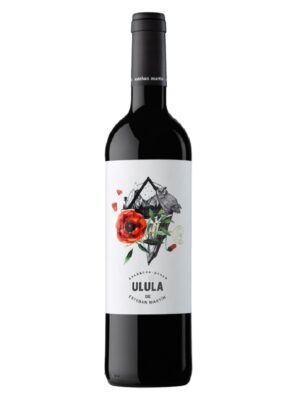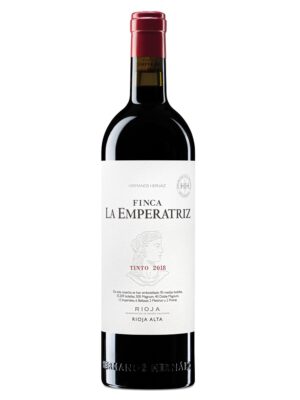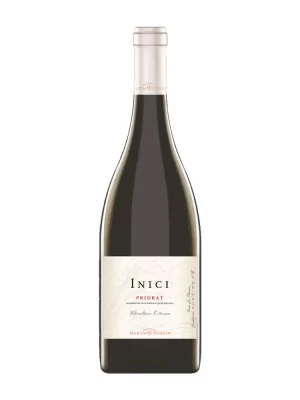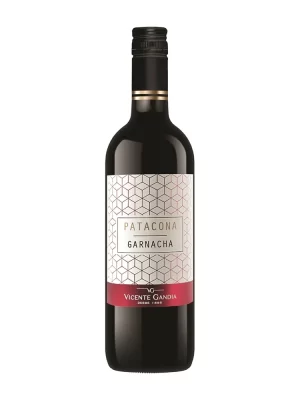Bodegas Vegalfaro Rebel.lia
Andrés Valiente and his son Rodolfo formed Viñedos & Bodegas Vegalfaro in 1999. The name Vegalfaro comes from a combination of the word “vega,” meaning a lowland meadow or stretch of alluvial soil, with the historic name of their winery property, Casa Alfaro.
Bodegas Vegalfaro cultivates 60 hectares (148 acres) of low-yielding vines that fully conform to the strict requirements of Ecological Farming established by the European Union. The winery has never utilized artificial products in its vineyards, so soils are alive with a prolific variety of microfauna. These microscopic organisms are very important for the decomposition of organic material, as well as for the absorption of nutrients through a symbiotic relationship with the vine roots.
Rebel.lia rebels against the rules, but without breaking them, and is free to express itself as it has behaved that year, always faithful to its philosophy of expressing the vintage.
Certified organic and vegan.
For more info, visit Bodegas Vegalfaro website.
VARIETALS
65% Tempranillo, 35% Garnacha Tintorera
VINTAGE
2022


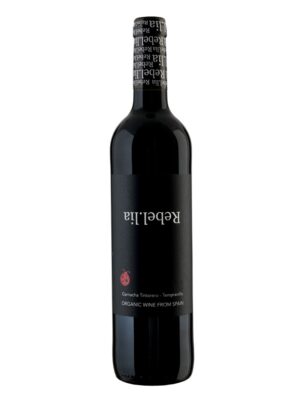


 Download Tasting Note
Download Tasting Note